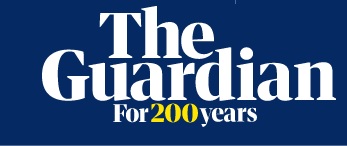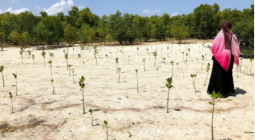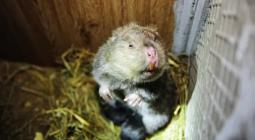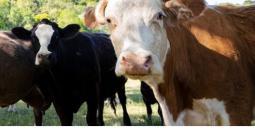‘My heart beats up here’: Greece’s nomadic herders on life in the hills – a photo essay
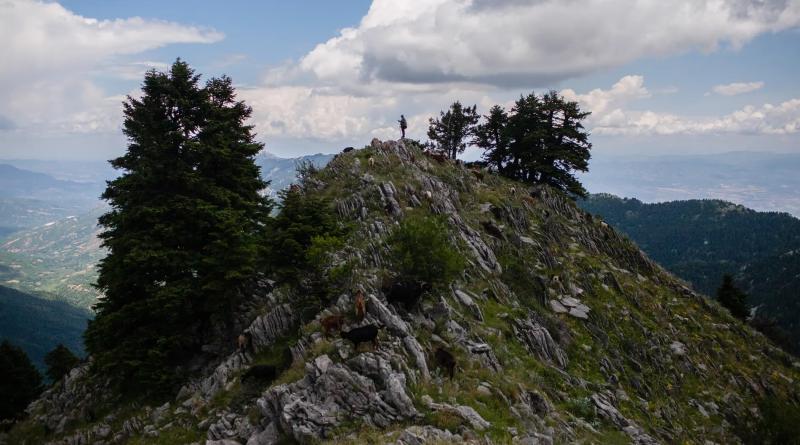
For hundreds of years the Vlach herders in Greece and the Balkans have moved livestock to high mountain pastures for the summer months. But their numbers are dwindling as their arduous existence is threatened by soaring costs and a lack of state support
Every spring in the Thessalian plains of central Greece, in the shadow of the mountains, an ancient and sacred migration of humans and goats takes place.
The brothers Kostas and Efthymios Papastavros, along with Kostas’s wife Fotini, herd their 800 goats up on foot to the Koziakas mountain from their winter pastures in the plains; a journey of around 30 miles which takes them two days.
The family are descended from the Vlachs, nomadic herders and breeders who have existed in the Greek and Balkan region for hundreds of years and practise transhumance – the act of seasonally moving livestock from one pasture to another.
The Papastavros’s day is long and arduous, starting at 5.30am, milking the goats by hand before putting them out to graze. Twice daily they will transport their raw goat’s milk along dirt tracks to plants for processing before returning home to rise early the next day to repeat the process all over again.
“My heart beats up here,” says Kostas of the mountain thick with pines, walnut, and chestnut trees. It is here on the mountain’s lush slopes where their flocks graze and drink from freshwater streams that the family spend their summers.
Kostas makes a point that there are no specific gender roles, with all the labour from childcare to milking divided evenly. “They are the other half of us,” he says of the women in the family.
This nomadic and historic existence, however, is at risk. Kostas describes how other herders have had to sell or slaughter their livestock in the face of soaring energy costs. Farmers and herders like him, he says, are desperately in need of more government support and significant investment is needed to upgrade the mountain roads he uses to transport his milk.
n 1925 there were around 13,700 herder families [this is according to a study done by an agricultural inspector that year], now nearly one hundred years later, there remains only just over 3,000 transhumant flocks in Greece, and a small number of families who carry out the tradition of the seasonal movement between lowland and highland pastures on foot.”
Despite increasing hardships and the dwindling community, Kostas cannot imagine any other life.
“It’s not easy for me and my family to be separated from our flock: the goats are part of our life, part of our family,” he says. “We sleep next to them and breath the same air.” But without government intervention he does not imagine how his son could follow in his footsteps.
The lack of investment in farming lifestyles such as his as well as the perception that herding is an inferior profession are among the reasons it is becoming unsustainable.
“People say that herders are uncivilised and uneducated and unable to do other jobs”, he says, “but they don’t realise that you have to be passionate to be one. You have to love the animals and love the job. I am very proud of what I do.”
Kostas also takes great pride in the Vlachs’ rich history, participating in the dancing, music, and festivals which take place in the mountainous villages as well as the traditional weddings and baptisms which come hand in hand with transhumance. “The Vlachs have always been hospitable and generous,” he says, and he is determined to hand down this spirit to his children.
The knowledge, understanding and deep love of the land passed on from generation to generation is something that may ultimately end with him if nothing is done to save a livelihood that has existed for centuries in the mountains and plains of Greece. “I don’t know if it is going to be preserved after our generation,” says Kostas. “We are probably the last ones.”
cover photo: Photographs by Vasilis Tsiolis

